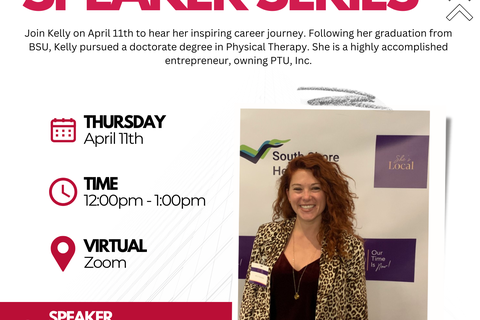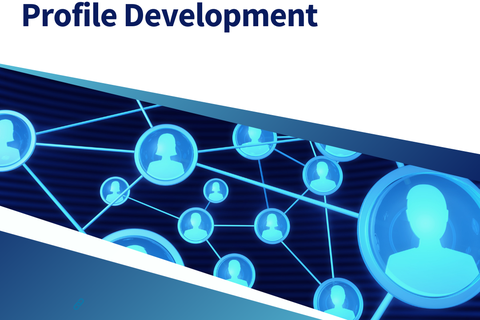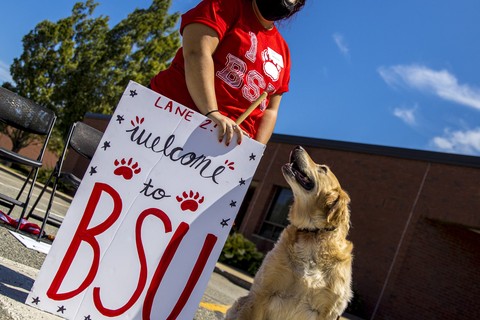Choosing Your Major or Career Path
Are you trying to select a major? Have a major, but not sure what you want to do with it? Review the links and resources below to help you begin the career exploration process. Contact the Career Services & Internship Program Office to schedule a Choosing a Major or a Career Counseling appointment for further assistance.
Explore Career Options
Self-assessment allows you to learn about your personality, interests, skills, values, and motivations. After using various tools to gather this information, you are presented with a list of sample occupations to explore for your careers. Utilize some of the following career resources to learn more about various industries and continue to clarify your career interests.





